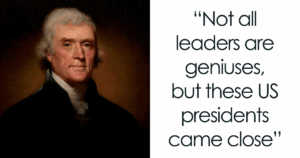“Uncover the Surprising Legacy of Gasoline: 13 Fascinating Facts That Will Change How You See Fuel Forever!”
So, if you’ve ever wondered what makes gasoline tick, from its humble beginnings to its dominance in the global economy, here are 13 fascinating facts about its evolution.
1. Gasoline Was Once Considered Useless


Before gasoline became the must-have fuel we know today, it was seen as little more than waste. In the early days of crude oil refining, the main focus was on extracting kerosene for lamps, and gasoline was discarded or burned off as a byproduct.
It wasn’t until the development of the internal combustion engine that gasoline found its place in the world. Once cars became a thing, gasoline went from being useless to indispensable.
2. Kerosene Was the Real MVP in the 1800s


Back in the 19th century, the oil industry revolved around kerosene. It was widely used for lighting, and that’s what early oil refineries were focused on producing. Gasoline was just the leftover stuff nobody knew what to do with.
Kerosene was essential for lamps and lighting homes. Gasoline didn’t have much use, until the world needed a fuel for the growing number of automobiles.
3. Gasoline Played a Key Role in Modern Warfare


During both World War I and World War II, gasoline-powered vehicles played a crucial role in warfare. From tanks to fighter planes, gasoline was the fuel that powered the military machines of the 20th century.
The strategic importance of gasoline and oil in these conflicts cannot be overstated, as nations fought not only for territory but also for control of vital fuel supplies.













